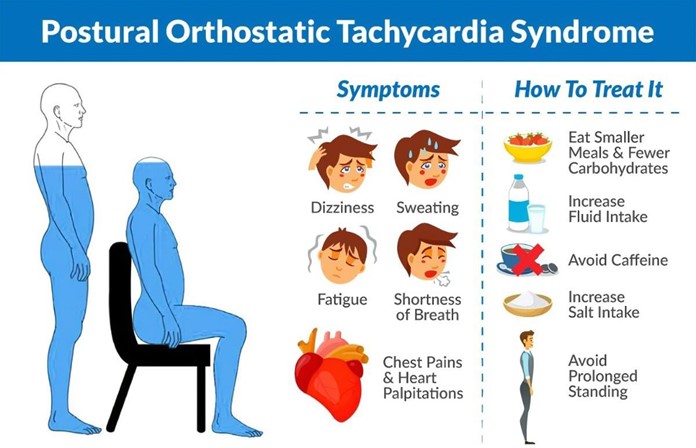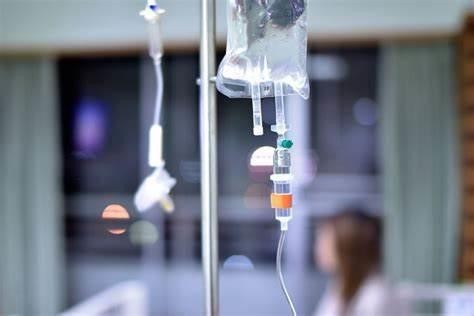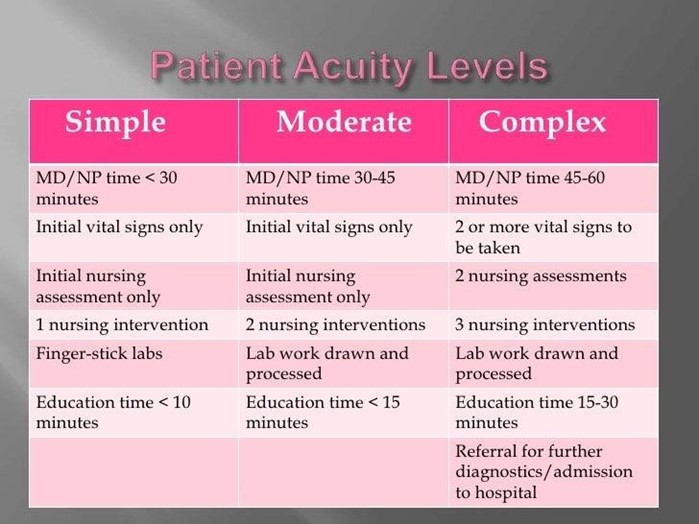A client with tachycardia and hypotension presents to the emergency department (ED) reporting severe vomiting and diarrhea for three days. Which action is most important for the nurse to implement?
Monitor for impending signs of shock.
Initiate enteric precaution procedures.
Reduce light, noise and temperature.
Encourage electrolyte supplements.
The Correct Answer is A
Choice A reason: This client has signs of dehydration and fluid volume deficit, which can lead to shock, a life-threatening condition that occurs when the body's organs are not receiving enough blood flow. The nurse should monitor the client's vital signs, urine output, skin color, and level of consciousness, and report any changes to the physician.
Choice B reason: Initiating enteric precaution procedures is important to prevent the spread of infection, as vomiting and diarrhea may be caused by a contagious pathogen. However, this is not the most important action for the nurse to implement, as it does not address the client's immediate risk of shock.
Choice C reason: Reducing light, noise and temperature may help the client feel more comfortable and reduce nausea, but it is not the most important action for the nurse to implement, as it does not address the client's fluid volume deficit and potential shock.
Choice D reason: Encouraging electrolyte supplements may help replenish the electrolytes lost through vomiting and diarrhea, but it is not the most important action for the nurse to implement, as it may not be enough to restore the fluid balance and prevent shock. The client may need intravenous fluids and medications to correct the dehydration and hypotension.

Nursing Test Bank
Naxlex Comprehensive Predictor Exams
Related Questions
Correct Answer is A
Explanation
Choice A reason: Ceftriaxone is an antibiotic that can be given by gravity infusion without an IV pump, as long as the nurse monitors the flow rate and adjusts the roller clamp as needed. The dose and duration of ceftriaxone are usually fixed and not affected by minor fluctuations in the infusion rate.
Choice B reason: Heparin is an anticoagulant that requires a precise and constant infusion rate to prevent bleeding or clotting complications. An IV pump is essential to deliver heparin safely and accurately.
Choice C reason: Magnesium is an electrolyte that can cause serious adverse effects such as cardiac arrhythmias,
respiratory depression, and muscle weakness if infused too rapidly or too slowly. An IV pump is necessary to control the infusion rate and prevent magnesium toxicity or deficiency.
Choice D reason: Regular insulin is a hormone that regulates blood glucose levels and requires careful titration based on frequent blood glucose monitoring. An IV pump is required to deliver insulin at a consistent and adjustable rate to avoid hypoglycemia or hyperglycemia.

Correct Answer is A
Explanation
Choice A Reason: This is the correct answer because the acuity level of the clients reflects their complexity and intensity of care needs. The higher the acuity level, the more time and resources are required to provide safe and quality care. The charge nurse should consider the acuity level of the clients when determining the appropriate nurse-to-client ratio and staffing needs.
Choice B Reason: The physicians' plans to perform procedures on the unit is not the most important information for the charge nurse to consider because it does not directly affect the nursing workload or staffing requirements. The charge nurse should coordinate with the physicians and other departments to ensure that the procedures are scheduled and performed safely and efficiently.
Choice C Reason: The number of clients leaving the unit for diagnostic tests is not the most important information for the charge nurse to consider because it does not indicate the level of care that the clients need or receive. The charge nurse should ensure that the clients are prepared and accompanied for their tests and that their care is continued and monitored on their return.
Choice D Reason: The skill level of the personnel staffing the unit is not the most important information for the charge nurse to consider because it does not reflect the actual demand or supply of nursing care. The charge nurse should assign and delegate tasks according to the personnel's skill level and scope of practice but also consider other factors such as client acuity, availability, and preference.

Whether you are a student looking to ace your exams or a practicing nurse seeking to enhance your expertise , our nursing education contents will empower you with the confidence and competence to make a difference in the lives of patients and become a respected leader in the healthcare field.
Visit Naxlex, invest in your future and unlock endless possibilities with our unparalleled nursing education contents today
Report Wrong Answer on the Current Question
Do you disagree with the answer? If yes, what is your expected answer? Explain.
Kindly be descriptive with the issue you are facing.
